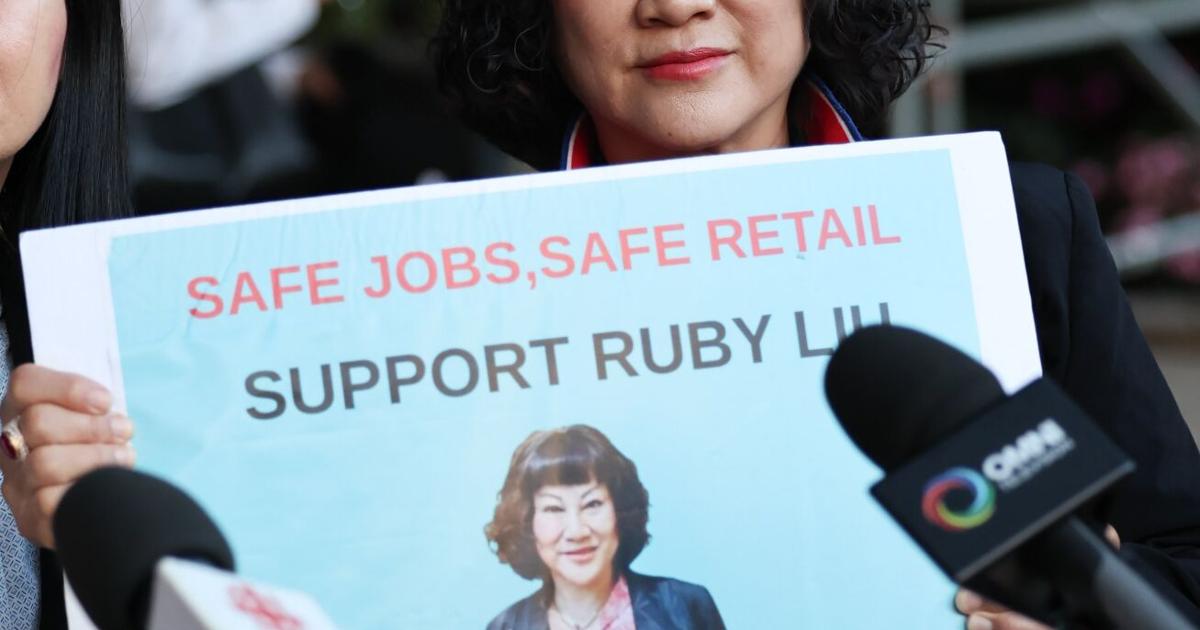An Ontario judge has blocked B.C. billionaire Weihong Liu’s attempt to take over 25 Hudson’s Bay leases for a new department store, ending a months-long saga that has seen her clash with some of Canada’s most prominent commercial real estate firms.
The ruling found Liu’s proposed business plan “fell well short of a reasonable standard” for assessing its ability to fulfil the lease obligations, according to Ontario Superior Court Justice Peter Osborne.
Osborne wrote that the court-appointed monitor reported that during cross-examination, Liu showed confusion about the equity commitment, her companies’ structure, and aspects of audited financial statements, compounded by the fact that she does not speak English.
“This raises reasonable concerns as to her involvement in and understanding of the Business Plan,” Osborne said.
The court order also marks the failure of Hudson’s Bay’s attempt to compel the transfer of its leases to Liu, chairwoman of mall owner Central Walk, as part of a process to recoup more than $1 billion in debt.
It also dashed Liu’s ambition to offer an “outsider” solution to Canadian retail, with the launch of a department store chain under her English name, “Ruby Liu,” which she planned to fund with $400 million in equity and outfit some stores with children’s play areas and food courts.
Osborne’s ruling vindicated eight landlords, representing 24 of the 25 leases, in their hard-fought battle to keep Liu’s company — seen by them as a start-up with no retail experience — off their properties.
Landlords’ lawyers argued during two days of intense hearings in August that the venture was “doomed to fail” and could run out of money before opening its first store. They contended that Liu’s renovation budget underestimated actual costs, her company’s executive team lacked experienced professionals, and the business forecast was unreliable.
The monitor overseeing the proceedings had also previously expressed disapproval, raising doubts about the billionaire’s ability to fulfil the non-monetary obligations associated with the leases.
The deal has been steeped in controversy since April, when Liu took to Chinese social media to voice her interest and chronicle her bidding journey in a highly public fashion.
On one hand, some former Hudson’s Bay employees voiced optimism and enthusiasm about the Canadian retail upstart and its potential to save thousands of jobs. On the other hand, landlords and Hudson’s Bay expressed unease over the self-made Chinese entrepreneur who allegedly bent the rules by arriving at meetings unprepared, failed to provide sufficient information about her business plan, and directly communicated with the judge to accuse the landlords’ lawyers of corruption — only to be cautioned later that such actions could constitute harassment.
More to come …



